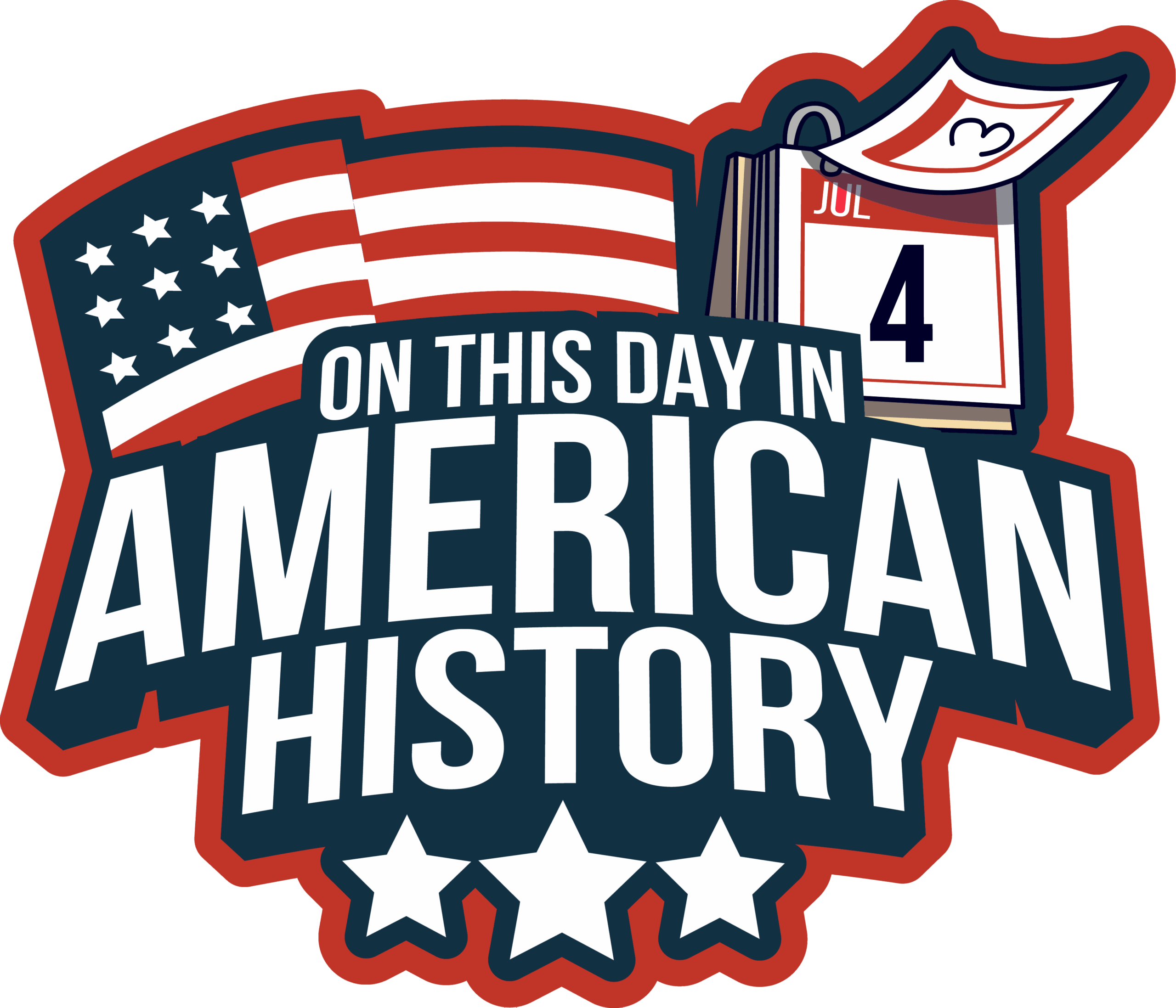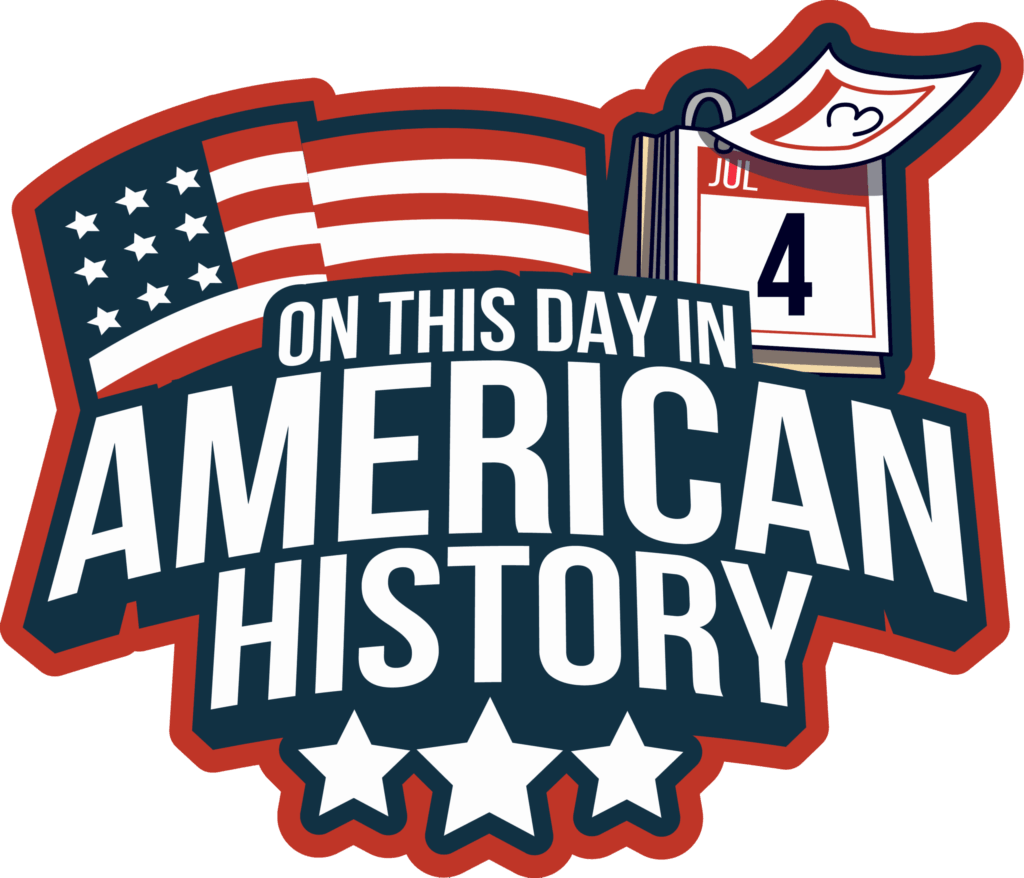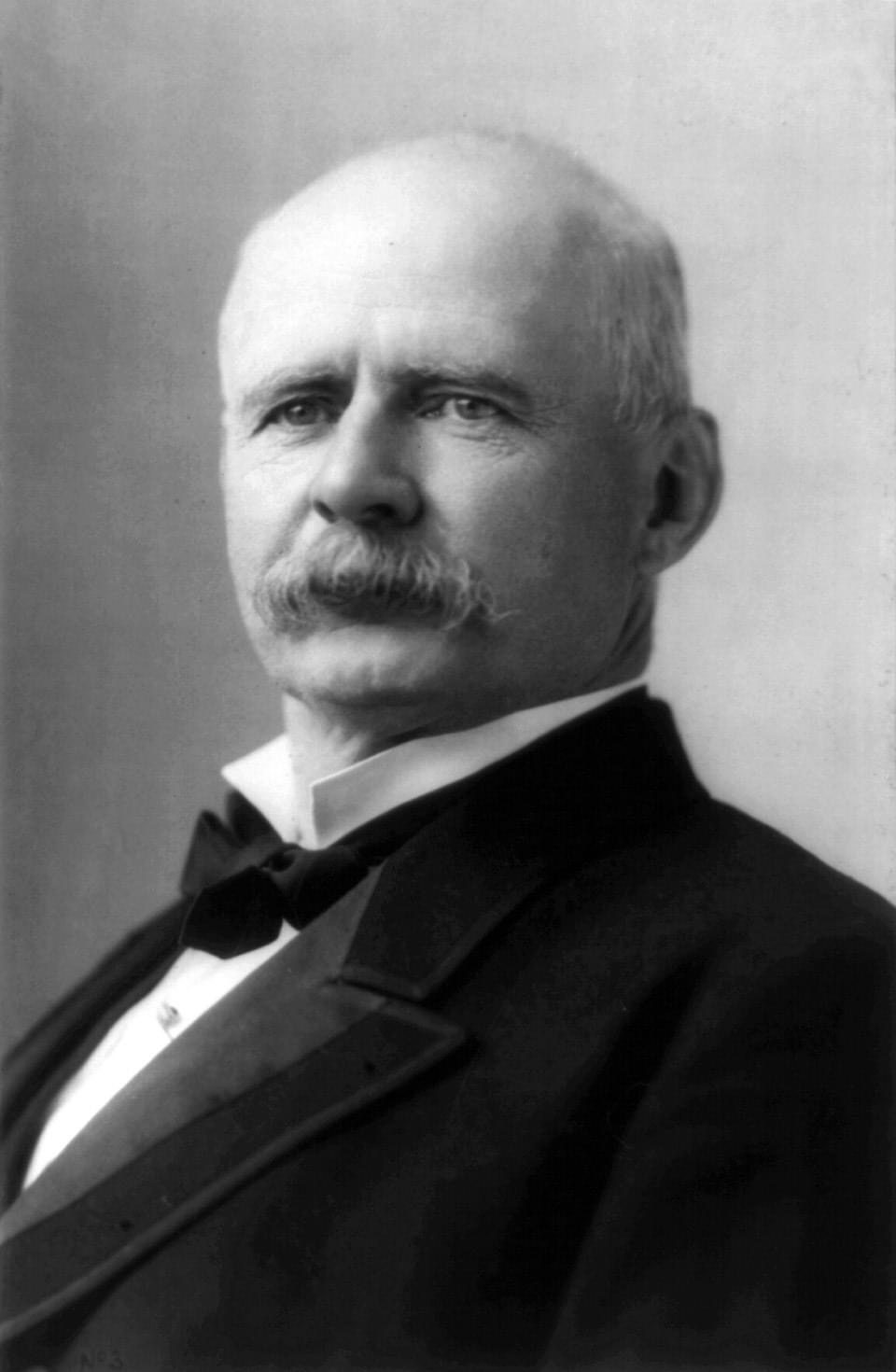
“By the provisions of the Federal Constitution, a Vice-President of the United States is elected at the same time, for the same term, and in like manner as the President by electors chosen in each of the States. A majority of the votes cast in the several electoral colleges is necessary to an election. The Vice-President is the President of the Senate, and in the event of an equal division in that body, he gives the deciding vote. Under no other contingency has he a vote. The powers and duties of the office of President devolve upon the Vice-President in case of the death, resignation, or removal from office of the President. The Vice-President is included in the list of public officers liable to removal from office on impeachment, on conviction for treason, bribery, or other high crimes and misdemeanors. By the twelfth amendment to the Constitution no person constitutionally ineligible to the office of President can be elected to that of Vice-President.” – Adlai Stevenson, the 23rd Vice President of The United States From: Something of men I have known, with some papers of a general nature, political, historical, and retrospective, by Adlai Stevenson, published in 1909 https://archive.org/details/somethingofmenih00stevrich/page/60/mode/1up Source says not in copyright Adlai Stevenson was born on October 23, 1835 in Christian County, Kentucky. Image: Vice President Adlai Stevenson I in early 1890s, via Wikimedia Commons, public domain
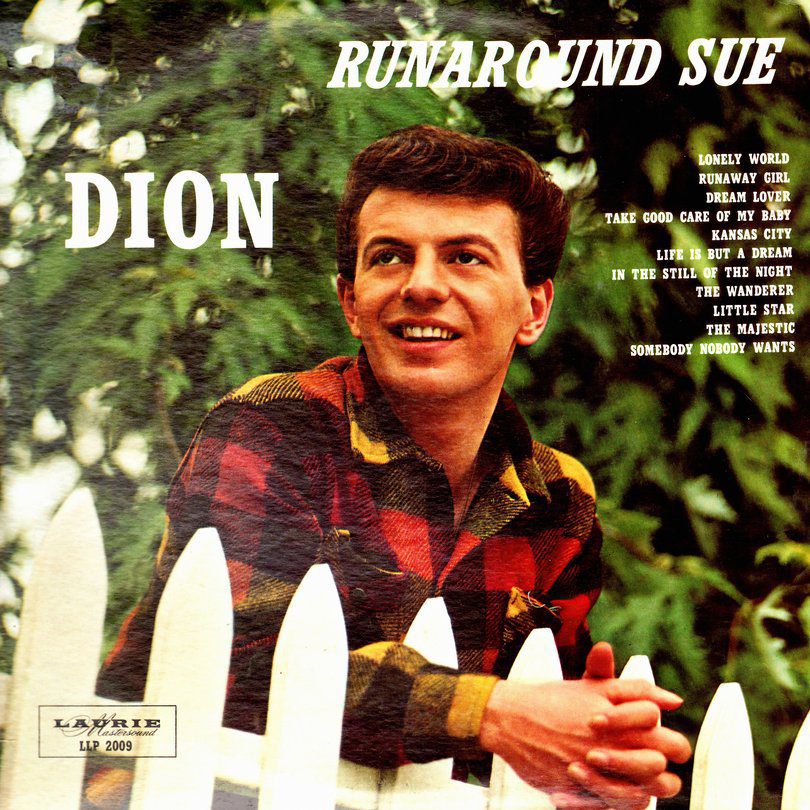
On October 23, 1961 “Runaround Sue” by Dion became the #1 song in America. Image via Alamy
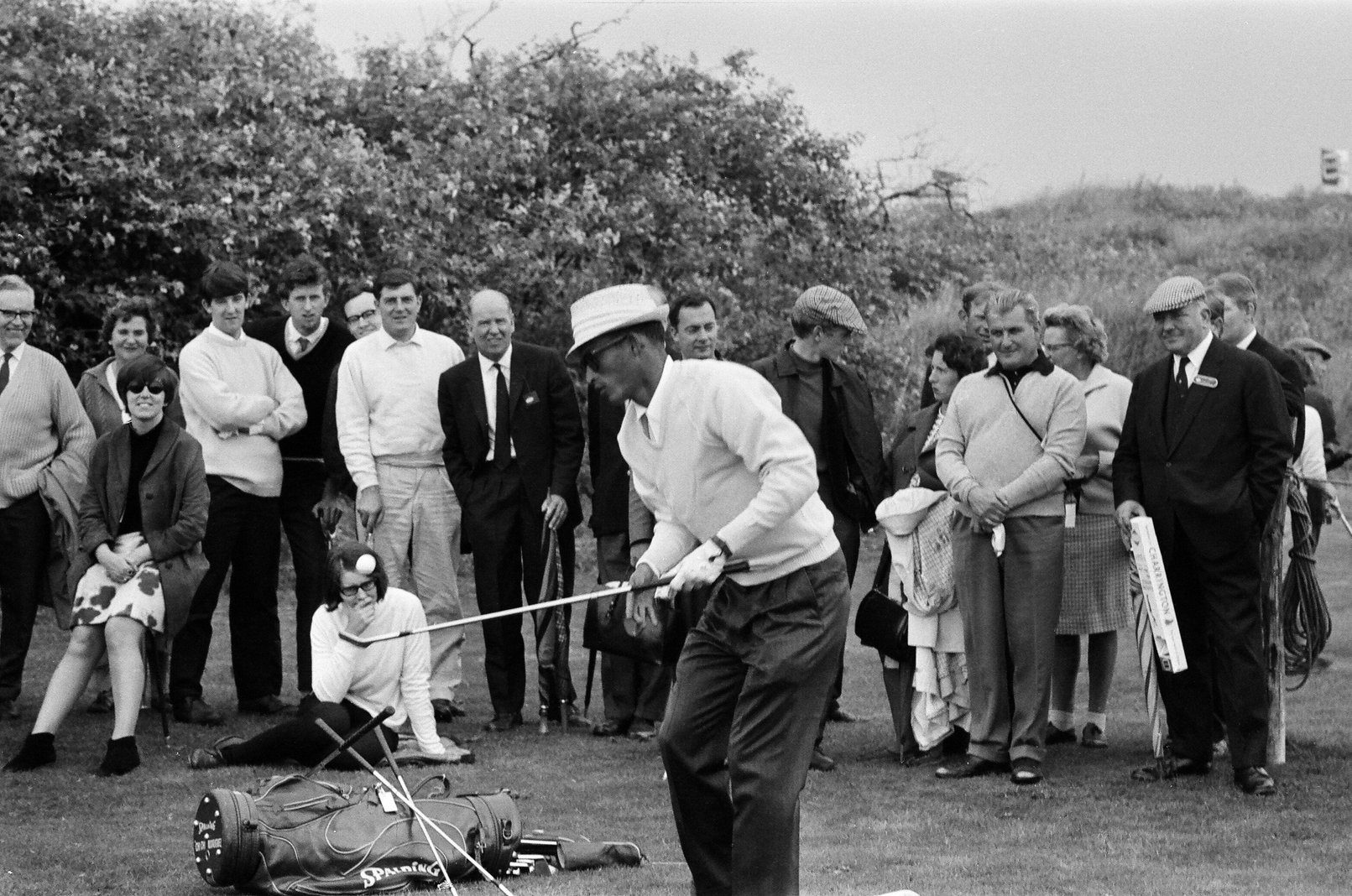
Professional golfer, Chi-Chi Rodriguez, was born on October 23, 1935 in Rio Piedras, Puerto Rico. Image: Puerto Rican golfer Juan Antonio “Chi-Chi” Rodriguez demonstrates his skill by flicking the ball straight up off the ground with his club then tapping it back into his own hands during a tournament in 1966 via Alamy
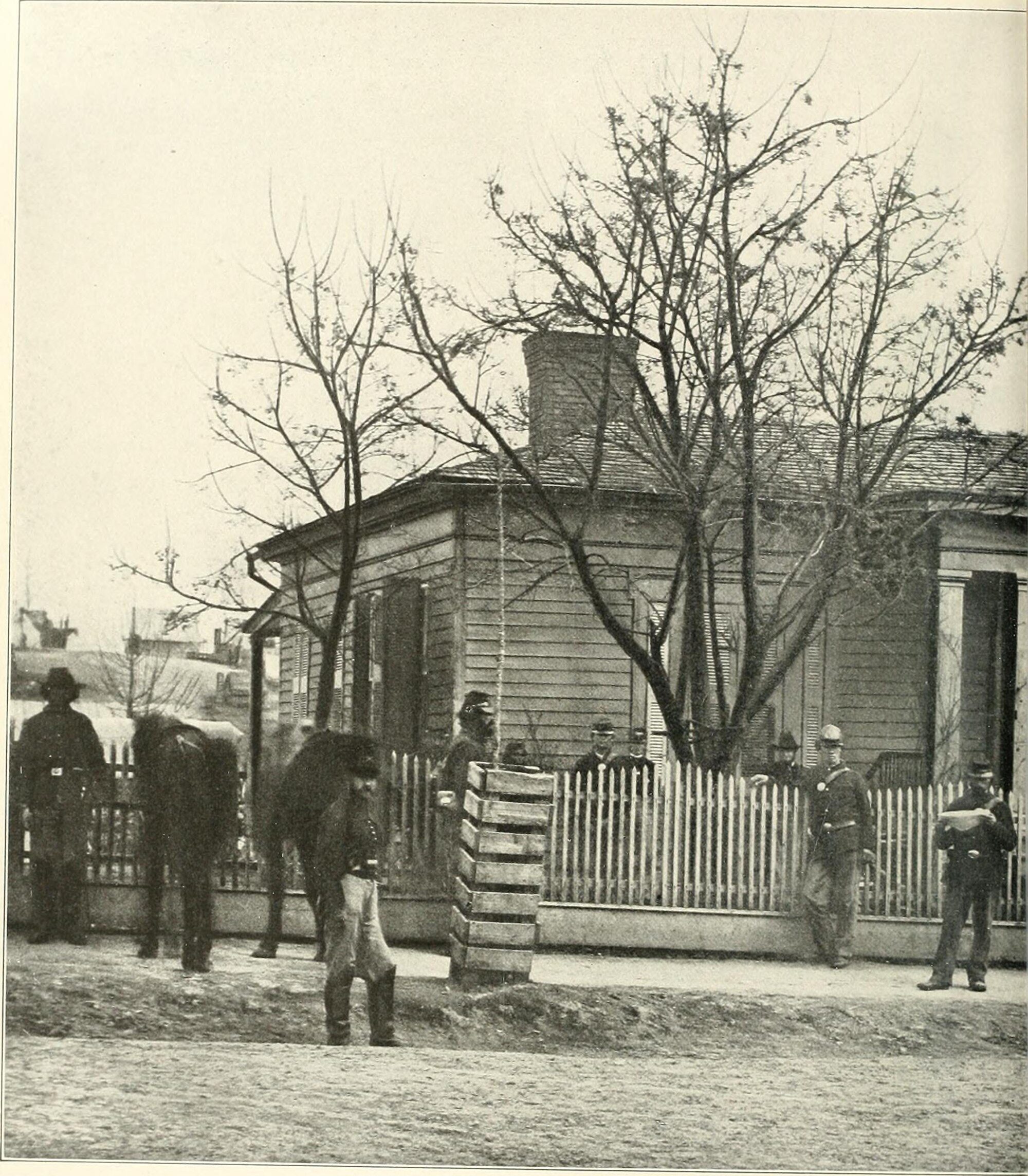
“In the parlor of this little dwelling sat Ulysses S. Grant on the evening of October 23, 1863. Muddy and rain-soaked from his long ride he was gravely consulting with General Thomas and his officers. The Army of the Cumberland was in a serious predicament, summed up by Thomas’ reply to Grant’s first order from Nashville: “We will hold the town till we starve.” Grant had starved a Confederate army out of Vicksburg; and now Bragg’s army, reinforced by troops from Johnston, had settled down before Chattanooga to starve out, in turn, what was then the most important Federal force in the West. Strongly posted on Missionary Ridge and Lookout Mountain and in Chattanooga valley to the south and southeast of the town, Bragg controlled the railroad, making it impossible for supplies to come over it from Bridgeport. Ala. Everything had to be brought into Chattanooga by wagon-trains over a roundabout route of thirty miles. The passage of wagons over roads was difficult even in good weather, and they were rapidly becoming impassable from the autumn rains. Bragg’s forces had fallen upon and burned some three hundred Federal wagons, and with those that were left was impossible to bring in more than the scantiest supplies. The men had been for weeks on half-rations; all the artillery horses had starved to death: an occasional herd of beef cattle was driven down from Nashville through the denuded country and upon arrival would be aptly characterized by the soldiers as “beef dried on the hoof.” This and hard bread were their only sustenance. Grant, now in command of all the Federal forces from the Alleghenies to the Mississippi, was first confronted by the necessity of hastening the delivery of supplies. Either the Army of the Cumberland must be fed or Bragg would regain the ground that had been lost in Tennessee.” From: The photographic history of the Civil War : thousands of scenes photographed 1861-65, with text by many special authorities texts https://archive.org/details/photographichist02mill/page/n293/mode/2up Source says not in copyright
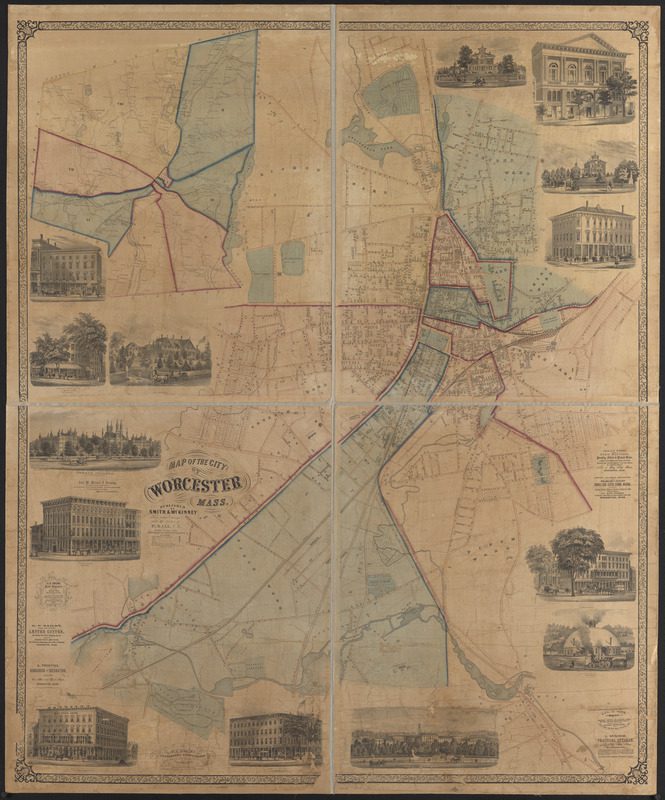
The first National Women’s Rights Convention commenced on October 23, 1850. Among the speakers at the convention were Lucretia Mott, Sojourner Truth, Frederick Douglass among others. Image: Map of Worcester, Massachusetts c. 1850s via Digital Commonwealth Massachusetts, no known restrictions
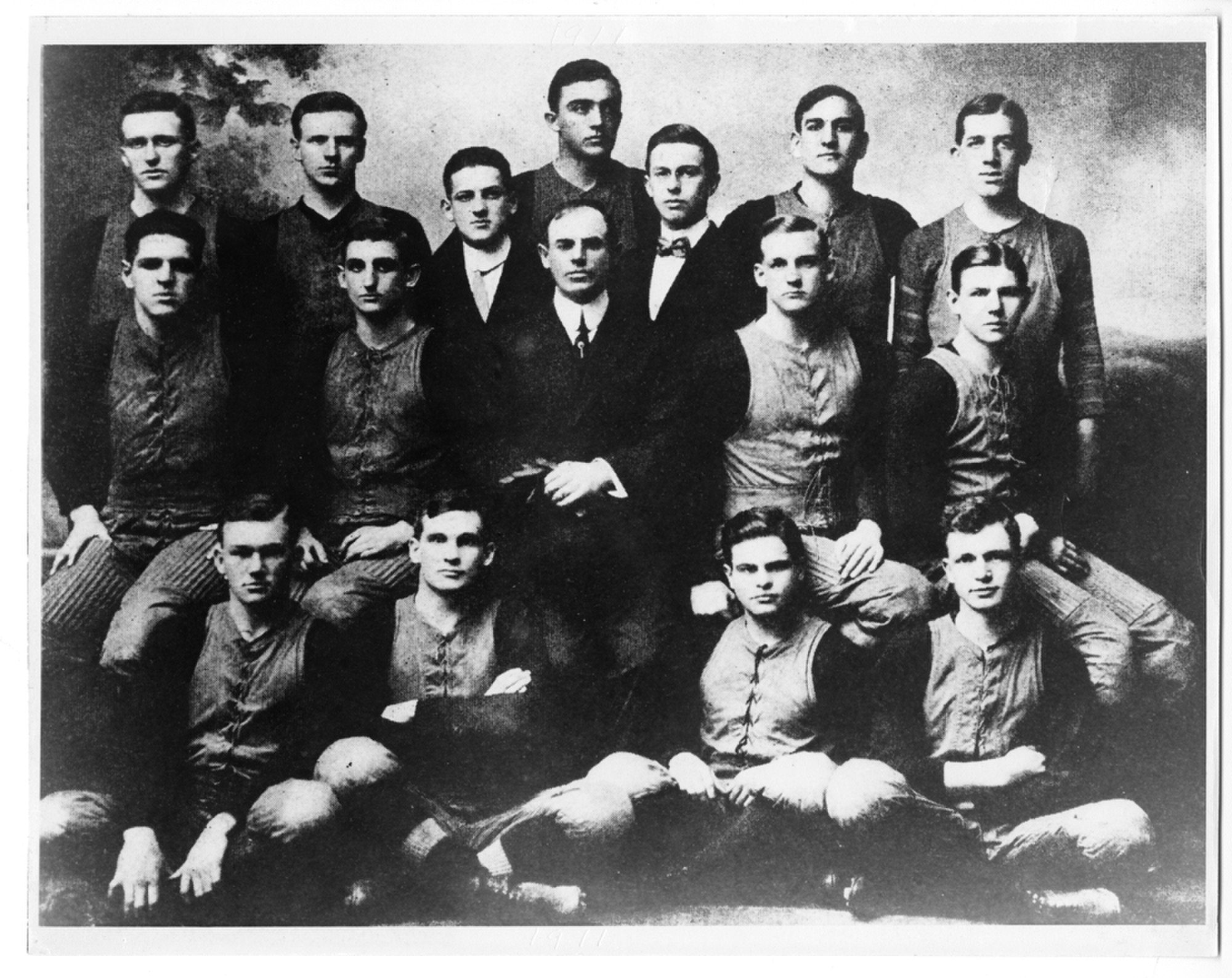
John Heisman was born on October 23, 1869 in Cleveland, Ohio. In addition to football, he also coached basketball and baseball. Heisman best known as the namesake for college football’s most outstanding player trophy is regarded as the originator of using the word “HIKE!” when a football is snapped at the start of a play. Image: Georgia Tech Football team of 1911 with Heisman seated at center via Wikimedia Commons, public domain
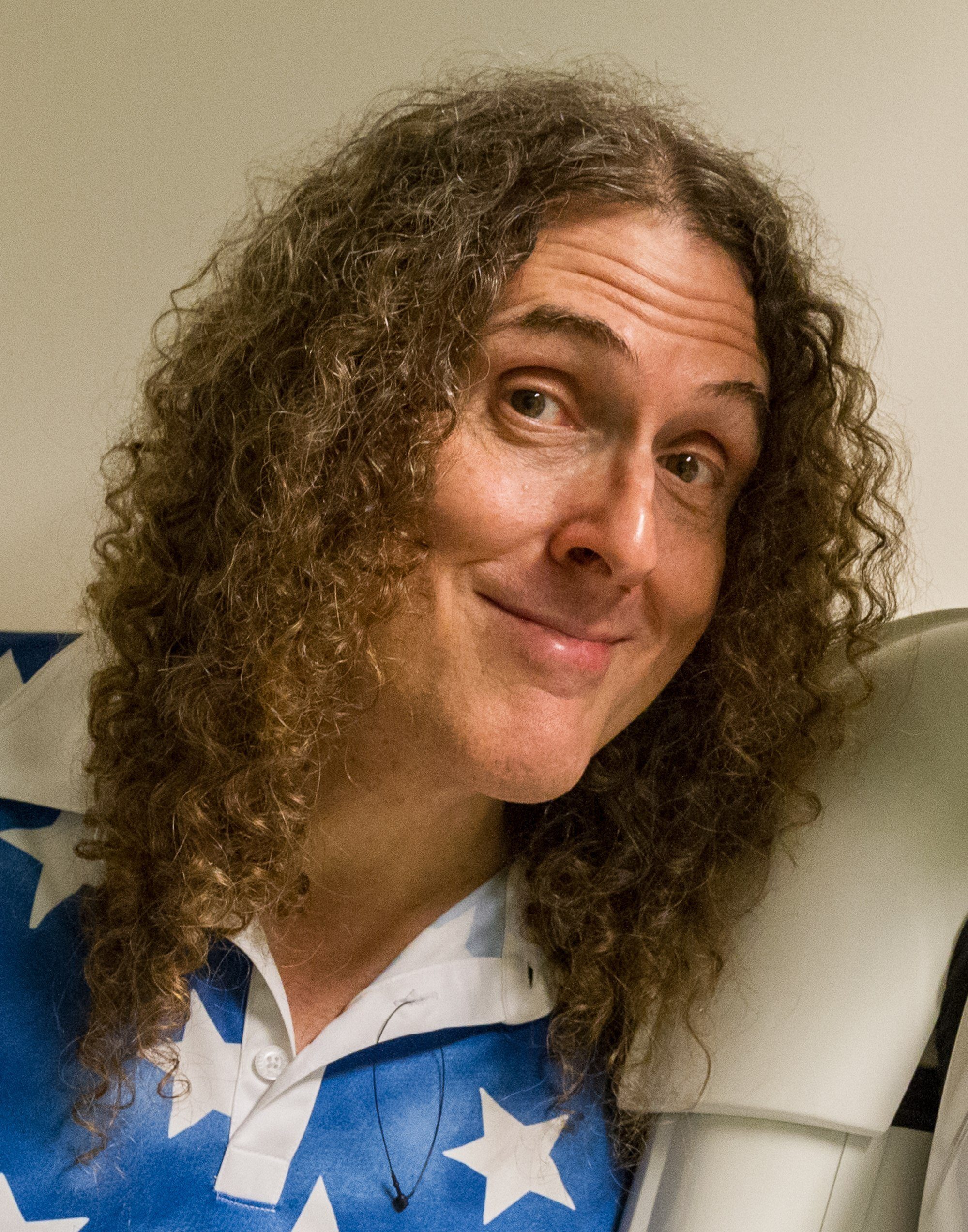
Weird Al Yankovic was born on October 23, 1959 in Downey, California. He was valedictorian of his senior class at Lynwood High School in California. Image by Chris Favero via Wikimedia Commons, CC BY SA 2.0
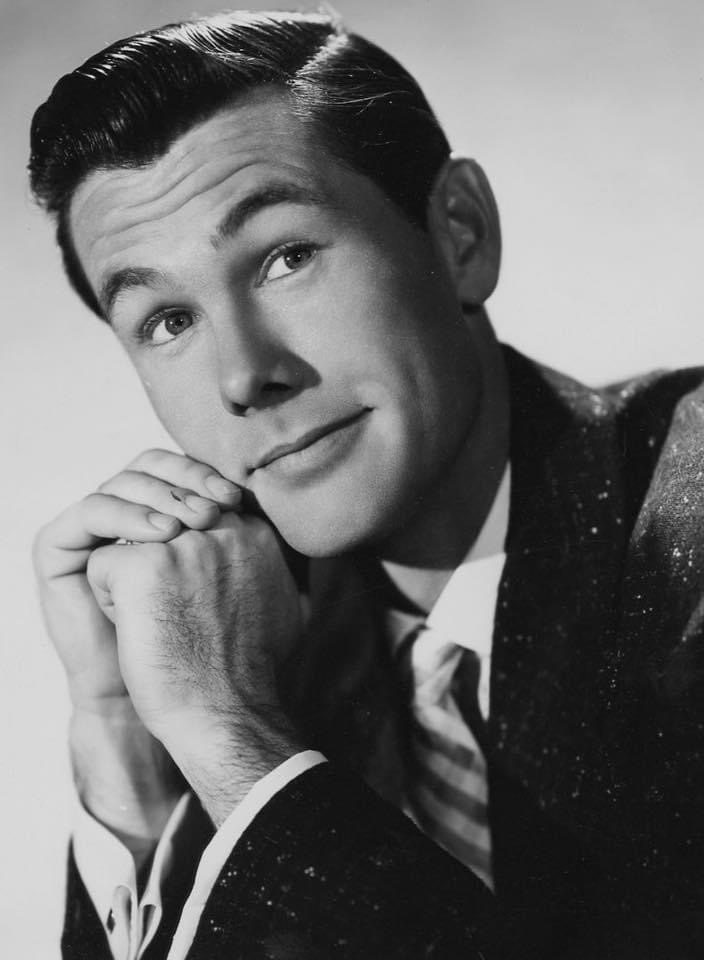
Born in Corning, Iowa on October 23, 1925 Johnny Carson’s talk show dominated late-night television for 30 years. A World War II US Navy veteran, Carson went first into radio, then television as a game show host. His Tonight Show was an NBC staple from 1962 to 1992. Image: Carson in 1957 by CBS via Wikimedia Commons, public domain

